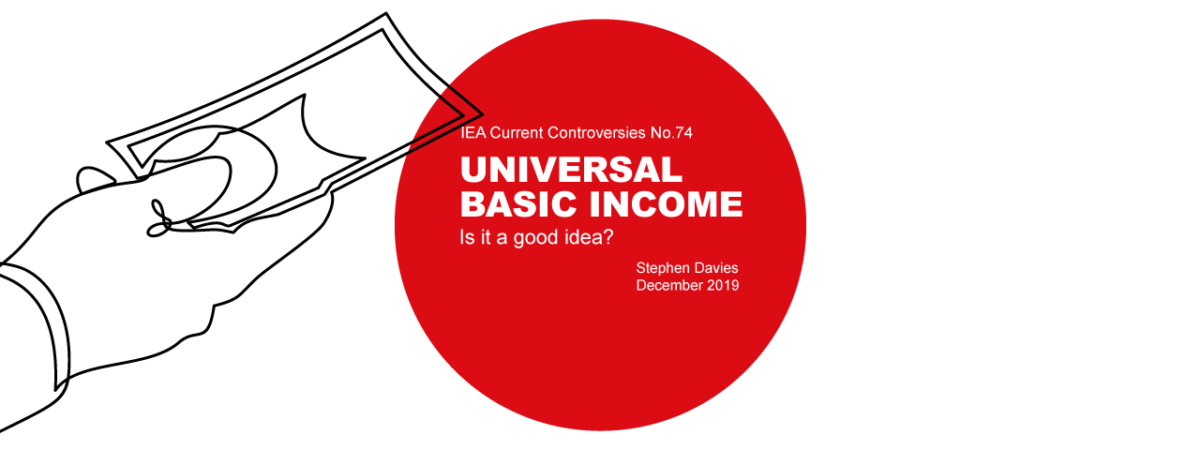IEA updates its alternative history of socialism
SUGGESTED



The Mirage of Democratic Socialism reiterates the classical liberal critique of socialism.
It does so in a format which is slightly unusual for IEA publications, namely an ‘Alternative History’. The history described here is identical to ‘ours’ up until just after the fall of the Berlin Wall. From then on, it deviates from ours. In this alternative version, German reunification never happens. Instead, East Germans elect a government of idealistic socialist reformers. East Germany remains a sovereign country, a democratic country with a socialist economy. The new government tries its best to democratise that economy from within. They try to move away from the old top-down way of doing things and towards a participatory model of socialism. Our fictional socialist leaders have the best of intentions. They share the ideals of democratic socialist thinkers such as Noam Chomsky or Owen Jones. There is no Stalin-like character among them.
Our alternative history is technically set in East Germany, but it is not really
about that particular example of socialism. It is about the very idea of socialism itself. The paper illustrates how, for a number of structural reasons, socialism must always lead to the rule of a technocratic elite, to political repression, and to economic failure – no matter how noble the intentions of its protagonists may be.
Fullscreen Mode




